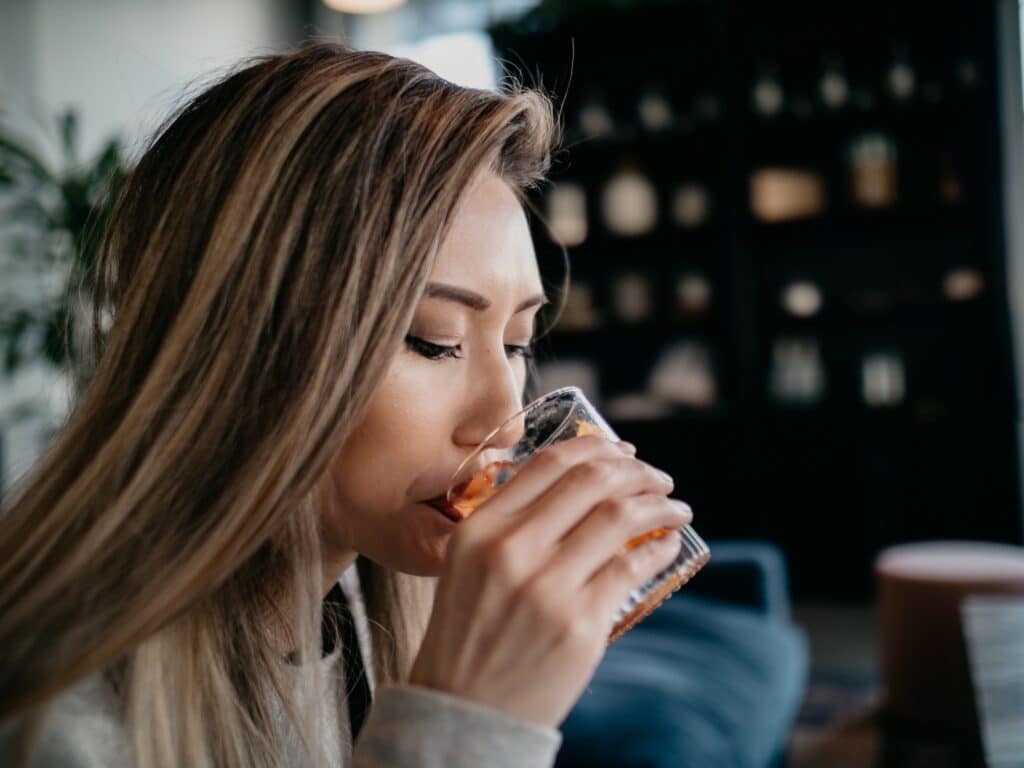Women who in recent years have turned 35, as well as women who have not had children by the age of 35, are the subgroups of females at the highest risk of engaging in binge drinking and having alcohol use disorder (AUD), according to a recent study by researchers at Boston University School of Public Health.
Findings were published in the journal Addiction.
“Because more women are delaying having children in the US, a growing proportion of women fall into the highest risk group,” study lead author Rachel Sayko Adams, Boston University research associate professor of health law, policy & management, told the university’s news department. “This growing prevalence of heavy drinking is exacerbated given that excessive alcohol use is increasing overall for middle-aged women in more recent cohorts. Therefore, at-risk alcohol use and consequences are expected to continue increasing in future years, if not addressed.”
The study used data from the annual Monitoring the Future survey, which tracks US high school students’ substance use behaviors. Nearly 10,000 women completed a survey at age 35 between the years 1993 and 2019, which corresponds to high school senior years between 1976 and 2002. Among the questions asked to survey participants were the following:
- Parental status;
- Age of first-time parenting;
- Binge drinking behaviors (defined as consuming 4 or more drinks in 1 setting) within the past 2 weeks; and
- Development of AUD symptoms within the past 5 years.
Women who turned 35 between 2018 and 2019 were found to be almost 60% more likely to binge drink or report AUD symptoms than women who turned 35 between 1993 and 1997. Researchers also observed a trend toward women becoming first-time parents at a later age; 39% of women in the 2018-19 cohort reported having children by age 30 compared to 54% of the 1993-97 group. Conversely, women in the 2018-19 group were nearly twice as likely to complete 4 years of college than those who turned 35 in the 1993-97 cohort.
The Boston University researchers asserted that a widespread acceptance and normalization of alcohol consumption in daily life in the US has been a significant driver of unhealthy alcohol use.
“Alcohol industry messages around drinking for stress relief and enjoyment have always been part of the industry’s advertising strategy, and we’ve seen this emerge on social media platforms, particularly geared towards people who parent,” study senior author Katherine Keyes, professor of epidemiology at Columbia University Mailman School of Public Health, said in the release. “Promotion of alcohol use for moms to deal with the stresses of motherhood in Facebook and Instagram groups have common hashtags such as #winemom, #sendwine, and #mommyjuice.
“Simultaneously, there has been a rapid increase in alcohol products targeting middle-age women—such as low-calorie seltzers, pink beverages, and expressions such as ‘rosé all day.’ ”
Adams added that more research is needed to evaluate the impacts of social media messaging and groups, as well as alcohol products, targeting women.

